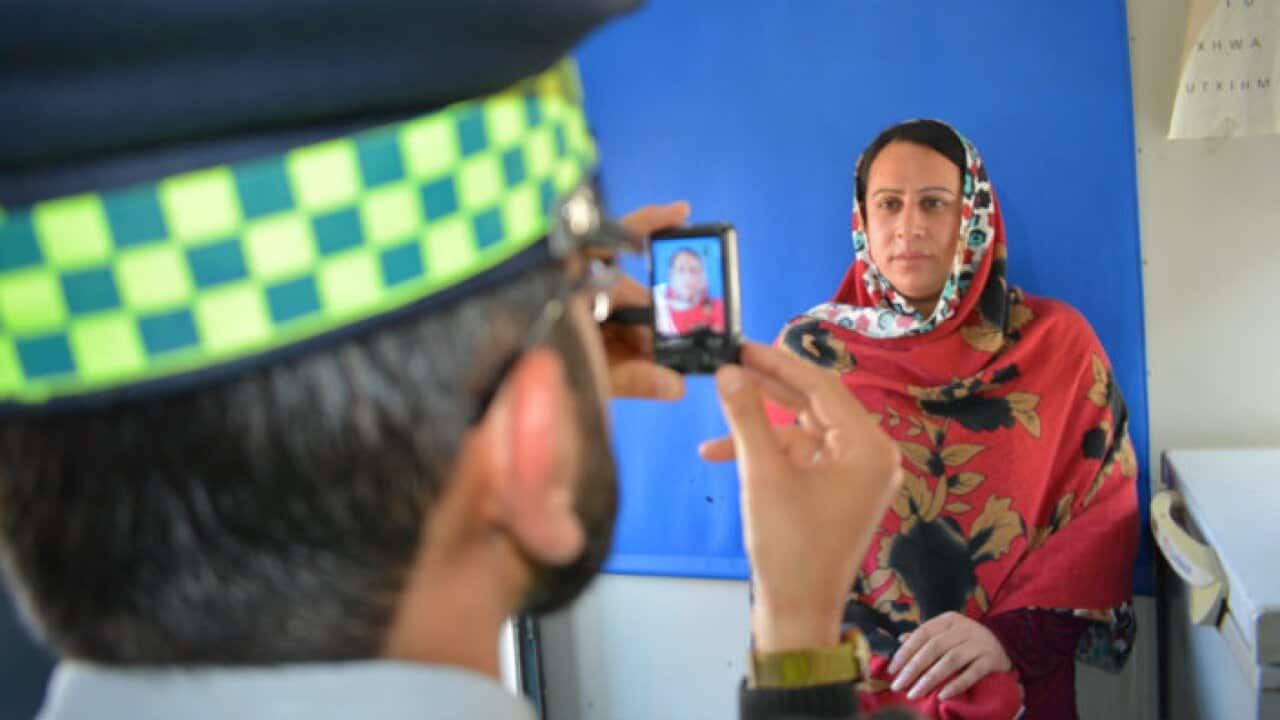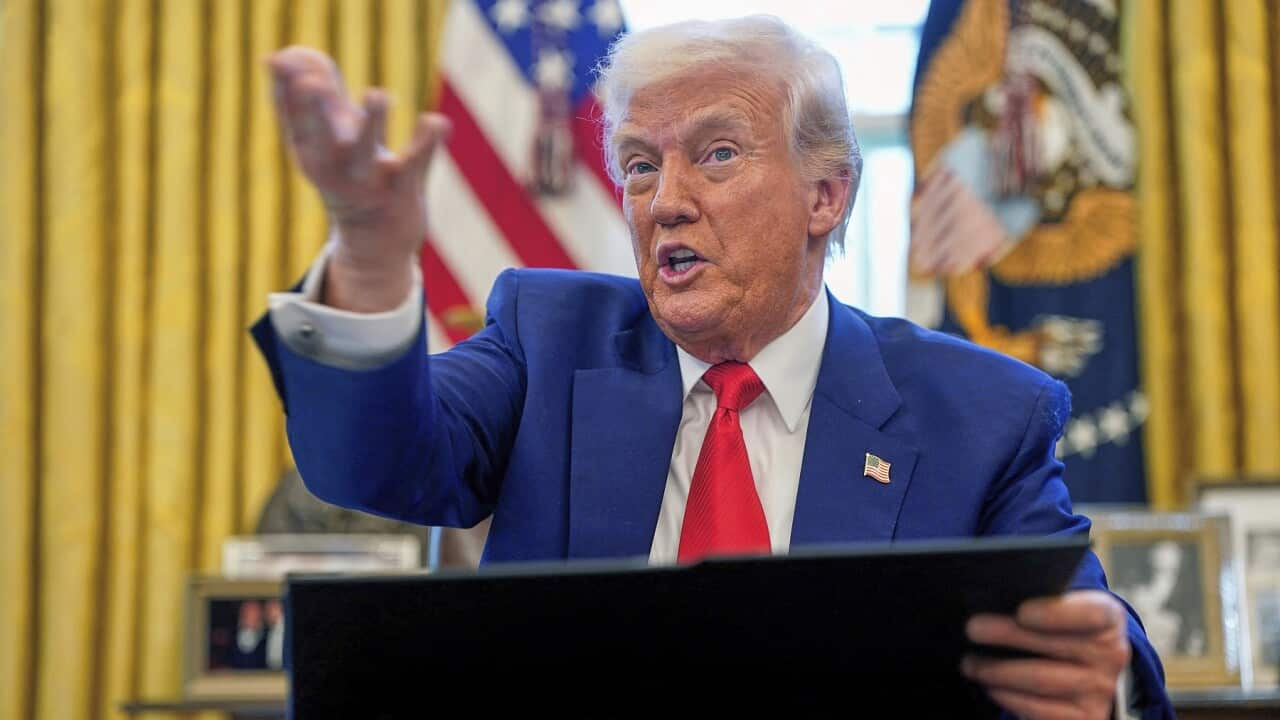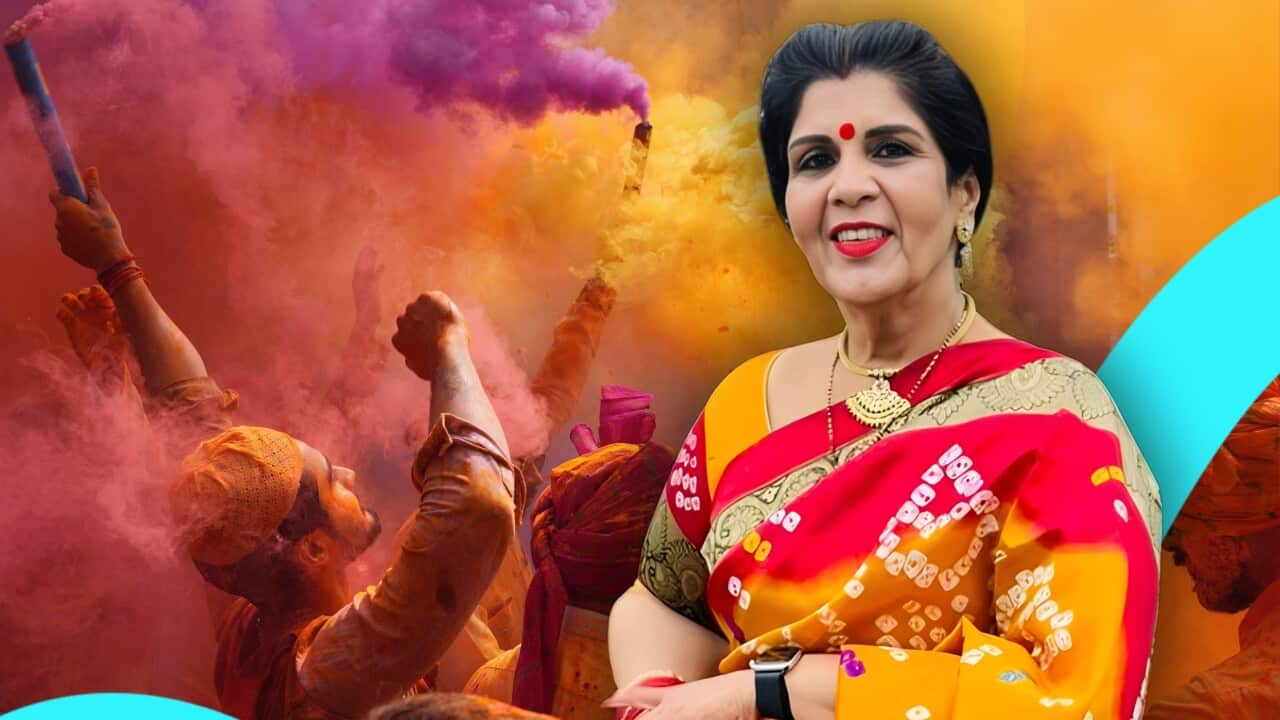Just weeks after global media reported a Pakistani model had been appointed the country's first ever transgender news anchor, the country has again made history by launching a school for transgender students.
The school in the city of Lahore which opened officially on April 15 is the first of its type in Pakistan, a nation that has long considered LGBTQI as taboo and criminalised same-sex acts. It is the first of its kind in a country where the predominant religion is Muslim and the second of its kind in South Asia.
The school, 'Gender Guardian', in the Punjab province will offer free education to around 30 students. The institution's founder Asif Shahzad, told SBS Hindi the school was created with the not-for-profit Exploring Future Foundation (EFF) to educate and empower a community that has been forced to the margins of Pakistani society.
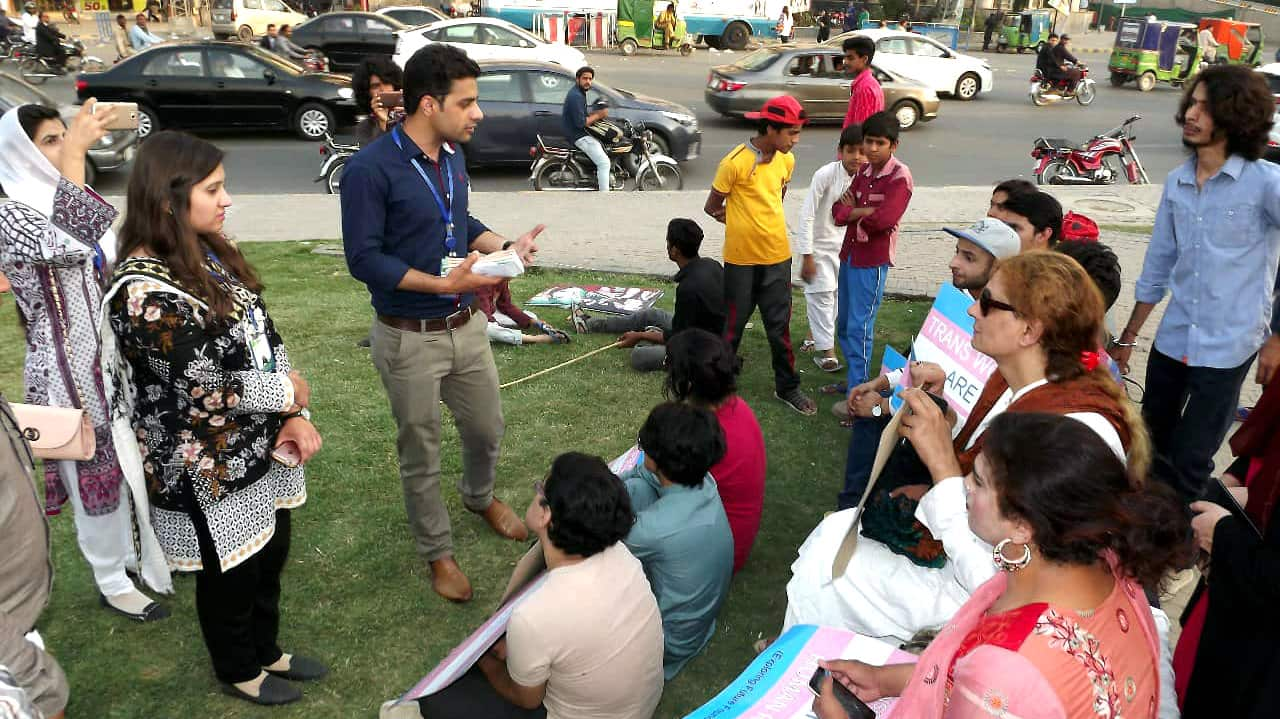
“I saw them begging on the streets or involved in sexual activities or singing and dancing at weddings and other celebrations. I thought to myself these people are very talented - if they get educated and get accepted into mainstream society they can add to the growth of Pakistan," Mr Shahzad said.
"These people too can learn to read and write like us, they too can pursue a business or become entrepreneurs, they too should be empowered.”
Also in attendance at the Gender Guardian school's launch was Pakistan's recently appointed first transgender newsreader, 21-year-old Marvia Malik. The model-turned-TV anchor has previously spoken about how she was "thrown out" of school and struggled to stay off the streets.
"I joined a beauty salon, earned just about enough to put myself through college, but it was not easy. My story is no different from that of a hijra on the street you see begging," Ms Malik told the Thomson Reuters Foundation when her story made headlines earlier this year.
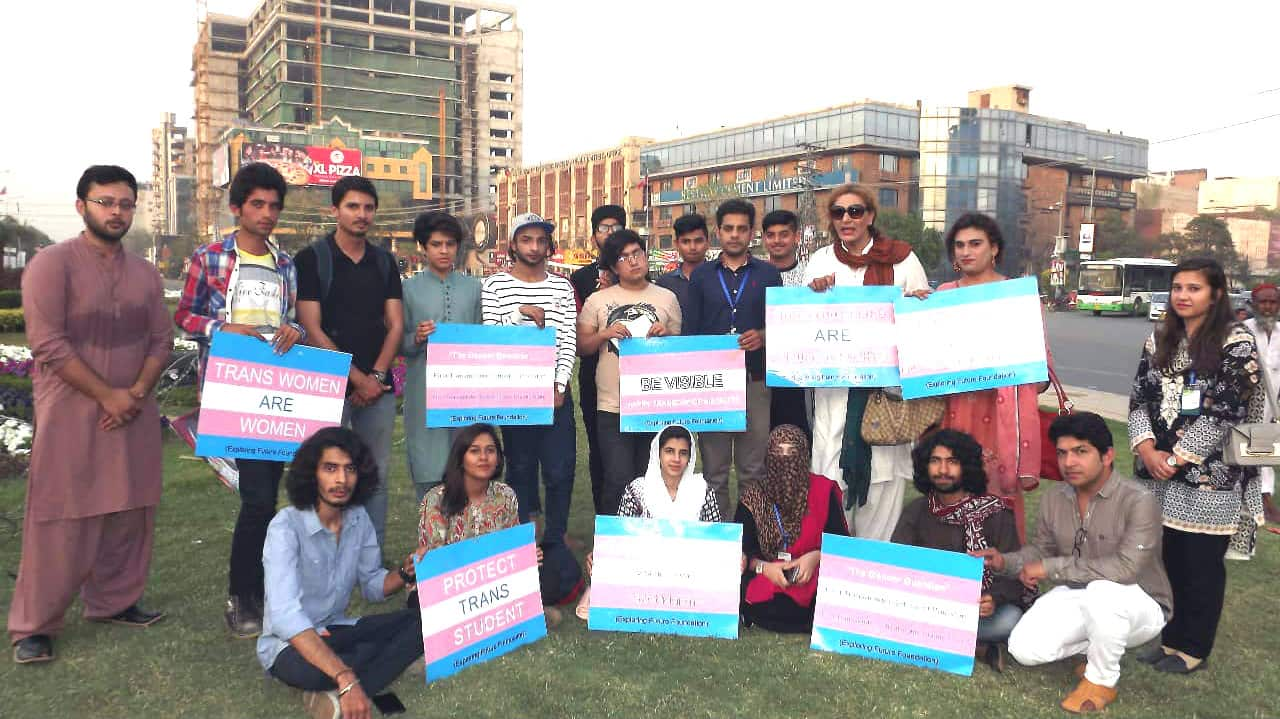
Currently, 30 students have enrolled in the school and there is no age limit to enrollment. Besides formal education on weekdays, the students will also be provided vocational courses. While on weekends, the school will offer courses in fashion design, graphic art, cookery, makeup artistry, embroidery and sewing.
It's hoped that the diplomas will help the transgender community to find jobs and be included in the mainstream society.
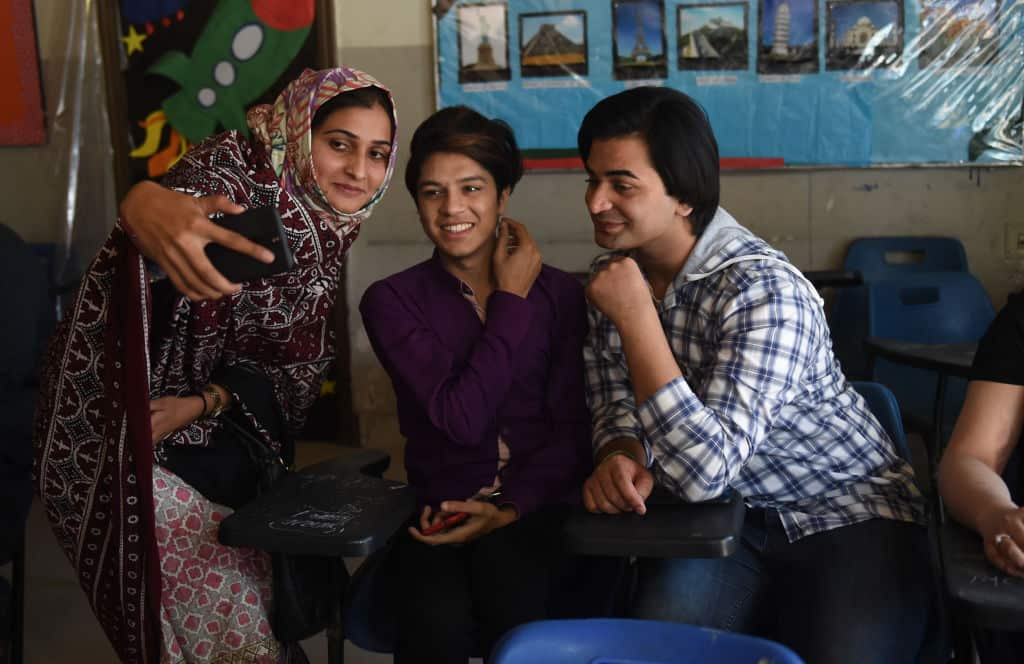
In most South Asian countries, a concept of a third gender has long existed, known as "hijras": people who are neither men or women and welcomed at weddings to dance for men. The culture has perhaps contributed to transgender people in Pakistan enjoying rights that are technically better than in other nations, but in practice they face abuse and discrimination.
However, recent years have seen progress for LGBTQI rights.
In 2009 the Supreme Court ruled "hijras" could get national identity cards as a "third sex" and last year the government issued its first passport with a transgender category.
The transgender community was counted in the national census for the first time in 2017, recording 10,418 in a population of about 207 million although many said this was too low.
Charity Trans Action Pakistan estimates there are at least half a million transgender people in the country.
Follow SBS Hindi on FACEBOOK and TWITTER

